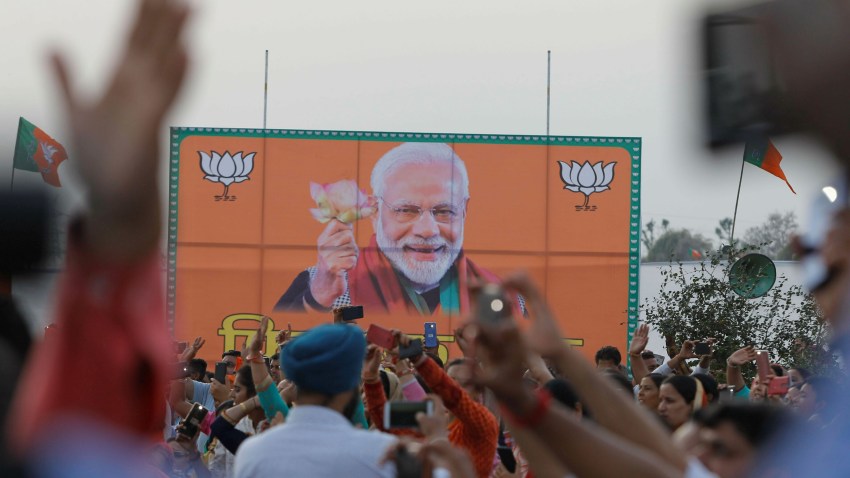With less than two weeks left in the roughly six-week voting period for India’s national elections, there appears to be little evidence that the performance of the party of Indian PM Narendra Modi will be as dominant as originally expected. Modi’s Hindu-nationalist Bharatiya Janata Party, or BJP, is still the favorite to win a majority in parliament, but analysts have tamped down predictions of a landslide victory. (Bloomberg)
Our Take
For much of this year, it has appeared that the BJP was heading for an overwhelming victory, repeating and perhaps even surpassing its totals from 2019. Modi unofficially kicked off his campaign for a rare third term in office with the opening of a controversial Hindu temple in January, a move that at once symbolized his grip on power in India and his utilization of the Hindu nationalist movement to maintain that power. That movement, and the illiberalism associated with it, has been instrumental in Modi’s lasting popularity.
More recently, Modi has also constructed a foreign policy narrative of a “New India” by expanding the country’s international partnerships, championing the causes of the Global South and promoting India’s claim to a global leadership position. As Stuti Bhatnagar wrote in February, India still faces enduring foreign policy challenges, but within the country there is widespread optimism about India’s role in global affairs.

